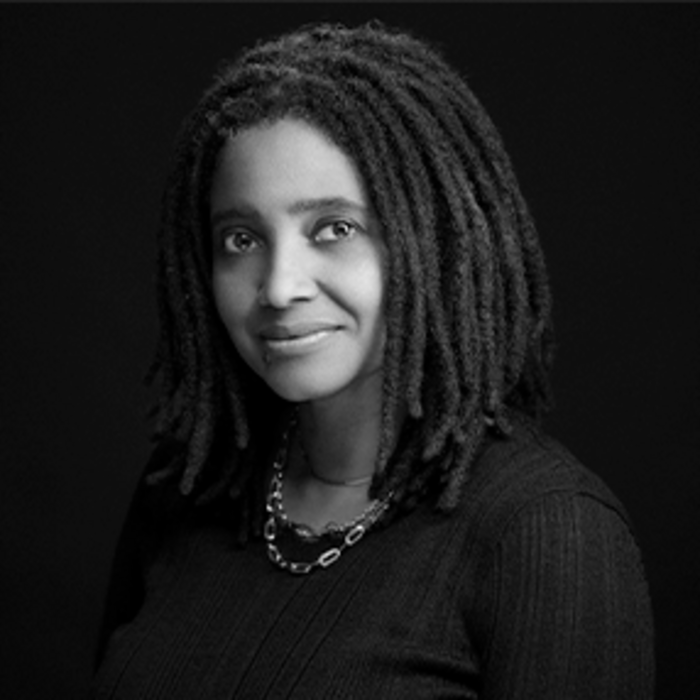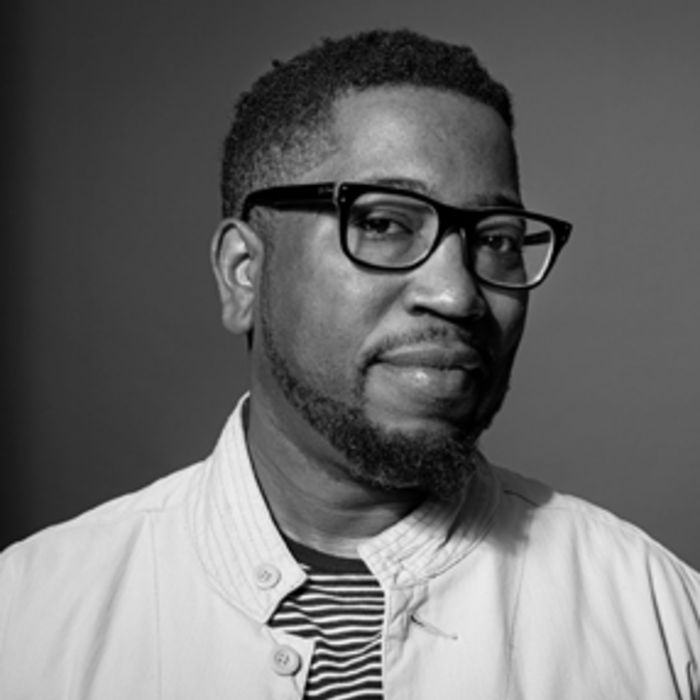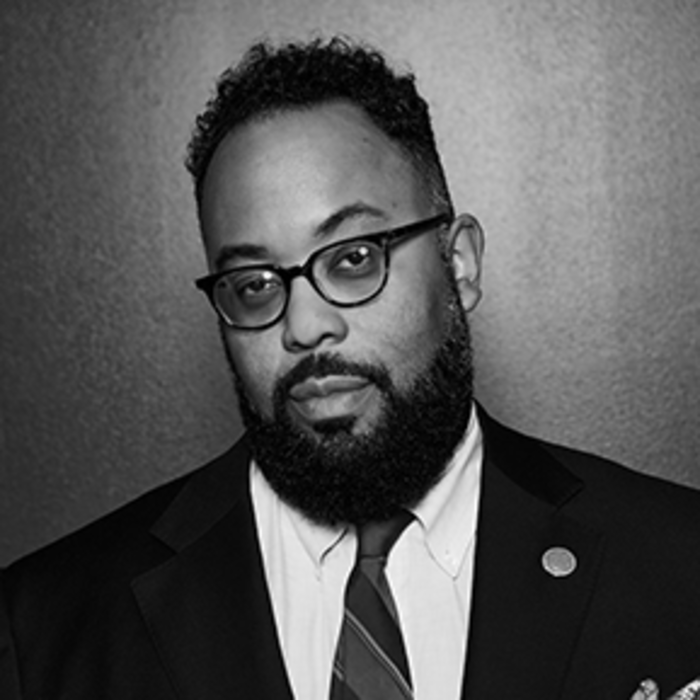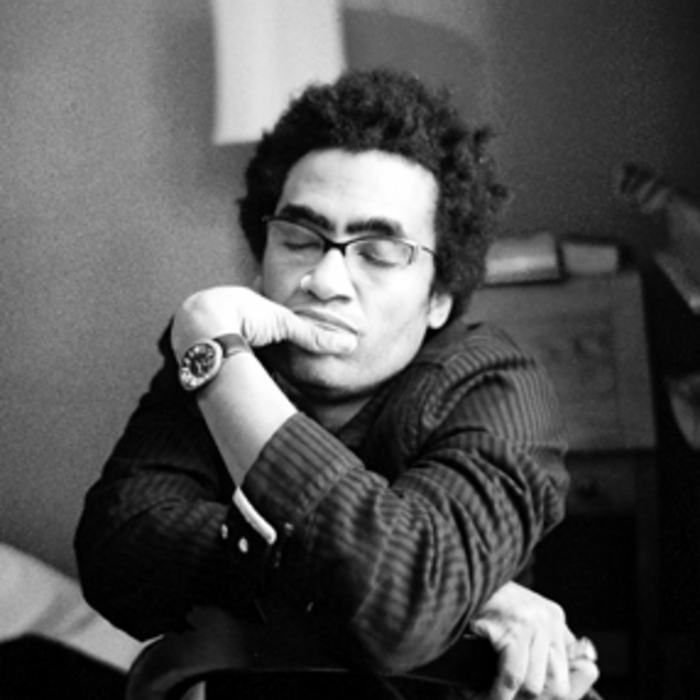Carl Phillips
Carl Phillips was born on July 23, 1959, in Everett, Washington. He earned a BA in Greek and Latin from Harvard University, where he graduated magna cum laude in 1981. He then earned an MAT in Latin and classical humanities from the University of Massachusetts Amherst, and an MA in creative writing from Boston University.
Phillips is the author of sixteen books of poetry, including Scattered Snows, to the North (Farrar, Straus and Giroux, 2024), short-listed for both the T. S. Eliot Prize and the National Book Critics Circle Award and short-listed for the 2025 Griffin Poetry Prize; Then the War: And Selected Poems, 2007–2020 (FSG/Carcanet, 2022), winner of the 2023 Pulitzer Prize for Poetry; Pale Colors in a Tall Field (Farrar, Straus and Giroux, 2020); Wild Is the Wind (Farrar, Straus and Giroux, 2018); Reconnaisance (Farrar, Straus and Giroux, 2015); Silverchest (Farrar, Straus and Giroux, 2013); Double Shadow (Farrar, Straus and Giroux, 2012); Quiver of Arrows: Selected Poems 1986–2006 (Farrar, Straus and Giroux, 2007); and Riding Westward (Farrar, Straus and Giroux, 2006). His collection, The Rest of Love (Farrar, Straus and Giroux, 2004), won the Theodore Roethke Memorial Foundation Poetry Prize and the Thom Gunn Award for Gay Male Poetry, and was a finalist for the National Book Award.
Phillips’s other books include Personal Best: Makers on Their Poems that Matter Most (Copper Canyon Press, 2023), coedited with Erin Belieu; My Trade Is Mystery: Seven Meditations from a Life in Writing (Yale University Press, 2022); Rock Harbor (Farrar, Straus and Giroux, 2002); The Tether (Farrar, Straus and Giroux, 2001), winner of the Kingsley Tufts Poetry Award; Pastoral (Graywolf Press, 2000), winner of the Lambda Literary Award; From the Devotions (Graywolf Press, 1998), finalist for the National Book Award; Cortège (Graywolf Press, 1995), finalist for the National Book Critics Circle Award; and In the Blood (Northeastern University Press, 1992), winner of the Samuel French Morse Poetry Prize, rereleased in a new edition by Farrar, Straus and Giroux in 2026.
Phillips’s work has been anthologized in The Vintage Book of Contemporary American Poetry (Vintage Books, 2003), edited by J. D. McClatchy; Poems, Poets, Poetry: An Introduction and Anthology (St. Martin’s Press, 2002), edited by Helen Vendler; Gay and Lesbian Poetry in Our Time (St. Martin’s Press, 1988); Contemporary American Poetry (Houghton Mifflin, 2001); and The Vintage Book of African American Poetry (Vintage Books, 2000). His poems have also been chosen eight times for the annual Best American Poetry series. He is also the author of a book of prose, Coin of the Realm: Essays on the Art and Life of Poetry (Graywolf Press, 2004), and the translator of Sophocles’s Philoctetes (Oxford University Press, 2003).
Phillips’s numerous honors include the 2006 Academy of American Poets Fellowship, an Award in Literature from the American Academy of Arts and Letters, the 2021 Jackson Poetry Prize from Poets and Writers, the Pushcart Prize, induction into the American Academy of Arts and Sciences, and fellowships from the Guggenheim Foundation and the Library of Congress.
Ancient Greek and Roman writers, especially Thucydides, Cicero, and Tacitus, were an early influence for Phillips. He studied their work extensively in college, and through them learned “how forceful syntax can be in conveying nuance” as well as the use of “compression when conveying psychological and emotional crisis.” Later, while studying with Geoffrey Hill, he discovered English Metaphysical poets, such as George Herbert and John Donne.
According to the Judges’ Citation for the 1998 National Book Awards, “Carl Phillips’s passionate and lyrical poems read like prayers, with a prayer’s hesitations, its desire to be utterly accurate, its occasional flowing outbursts.”
Phillips served as a Chancellor of the Academy of American Poets from 2006 to 2011. He has taught at Harvard and in the Iowa Writers’ Workshop. He is professor emeritus of English at Washington University in St. Louis.





